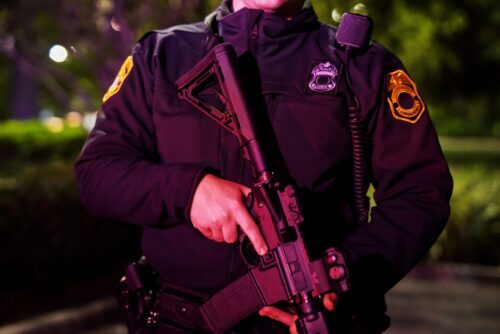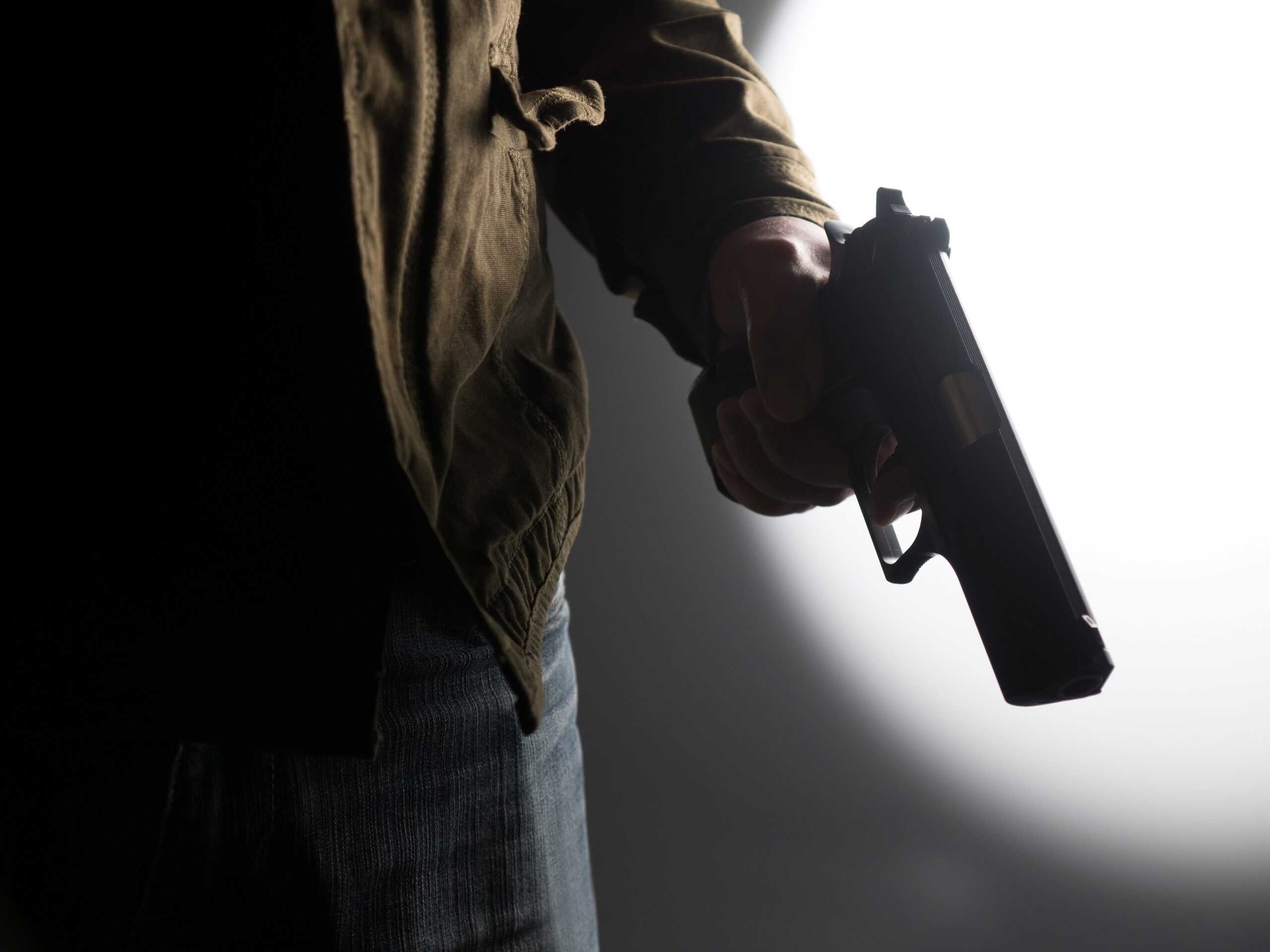
The story of the shooter’s traffic stop at Indiana’s Greenwood Park Mall is not subsiding. This time the discussion went far beyond social networks — the hosts of the popular American talk show The View criticized 22-year-old Elisha Dicken, who stopped the criminal with a gun in his hands.
It would seem that he saved a man—a hero. However, not everything is so simple. The show’s co-host Sunny Hostin publicly stated that Dicken allegedly broke the law by carrying a gun into the mall, although Greenwood authorities called his actions legal and the young man himself a true hero.
So What Really Happened?
During the tragic incident at the mall, an assailant with a rifle killed three people and injured two others. That’s when Dicken, who happened to be nearby, returned fire and stopped the gunman. Authorities confirmed that he had the gun legally. But a heated argument broke out in the studio of The View.
Journalist Joy Behar reminded us that the argument of “good guy with a gun against bad guy” does not always work, as in the shooting in Uvalde, where the police did not dare to enter the school for a long time. She was also supported by Whoopi Goldberg, citing the Buffalo supermarket tragedy as an example.
But Lindsay Granger, one of the co-hosts of the Republican camp, countered, “It worked in Indiana.”
Sunny Hostin stood by her opinion and even added, Even though she herself was trained in firearms, hitting a moving target is extremely difficult, and Dicken was just lucky.
Key points of contention:
- Legality of action: Dicken did not break the law. Indiana is a state with a constitutional right to bear arms, and as of March, carrying a gun does not require a license.
- Mall policy: Yes, the mall had its own rules about banning guns. But as attorney Guy Relford explained, violating such rules is not a criminal offense. A person can be asked to leave the premises, but liability only comes if they refuse.
- Moral: Despite Hostin’s accusations, many consider Dicken’s actions an example of civic bravery. “When it comes to saving lives, that should be a priority,” Granger emphasized.
This story again raises a heated debate about how American society views personal weapons and their role in security. The law says one thing, internal agency rules say another, and public opinion is polarized.
In any case, the Indiana case was yet another illustration of how the same events can be perceived differently, depending on one’s perspective, experience, and attitude toward the gun issue.
